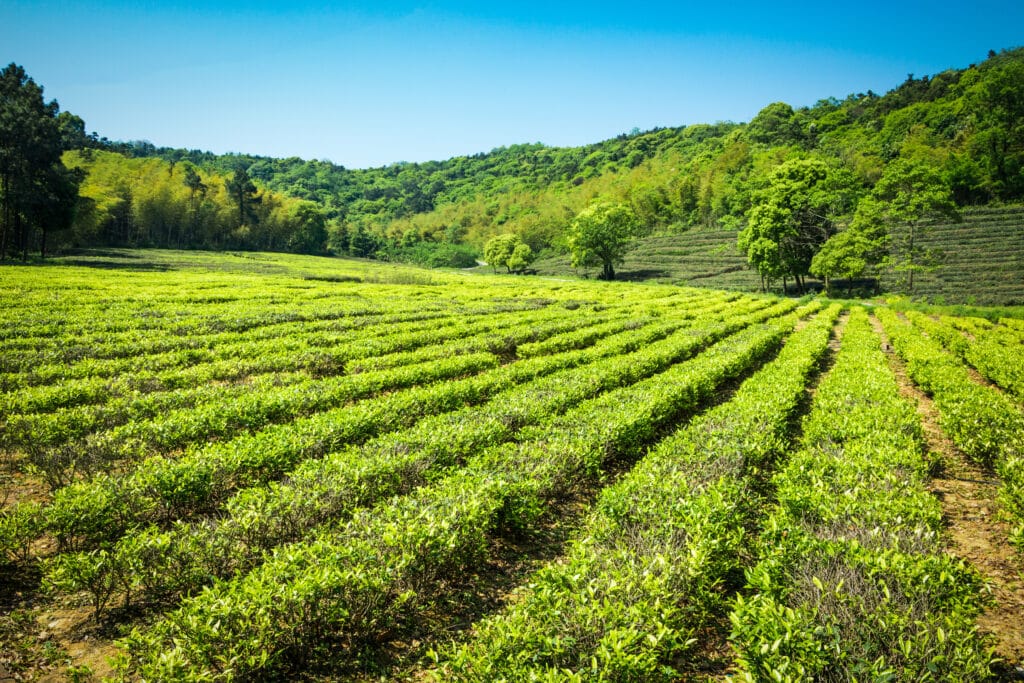Water pollution is an urgent environmental threat that needs to be effectively tackled in order to preserve our planet. There are eight practical methods of dealing with it and protecting our Earth: decreasing emissions into the environment is of utmost importance and can be done by decreasing use of chemicals and fertilizers in agricultural practices and shifting toward more eco-friendly production methods; furthermore, proper wastewater treatment using technologies such as sewage treatment plants will further help lower pollutant levels; lastly, proper recycling practices need to be put in place in order to eliminate polluted waters before entering back into circulation before finally leaving them out into our waters and protecting our Earth’s waters – while at once reducing release into our waters is of paramount importance and must be treated effectively; thirdly and finally; finally
1) Wastewater Treatment
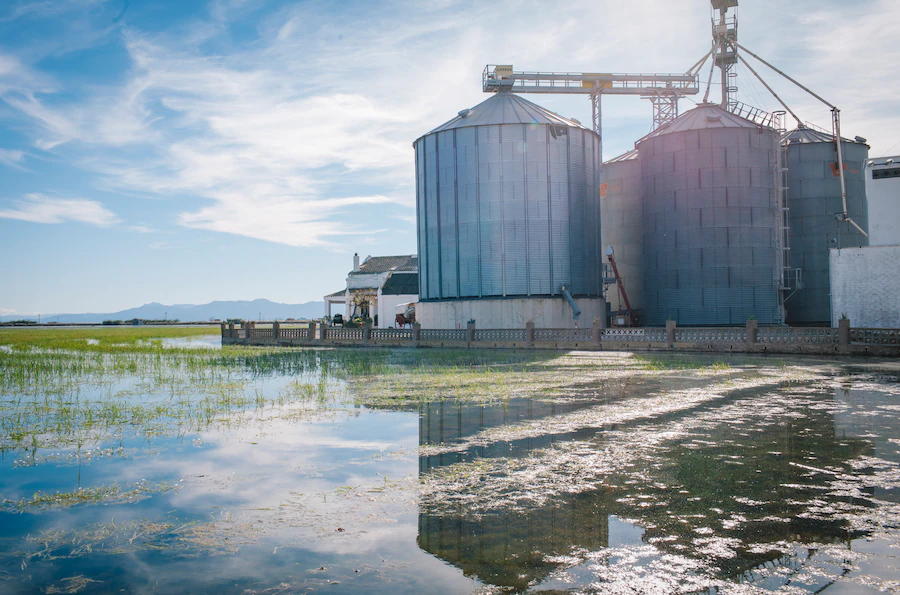
Wastewater treatment plants offer an effective means of controlling wastewater pollution. Treatment processes involve the removal of solids and suspended solids, biological nutrient removal to control odour and algae growth, chemical disinfection of pathogens, as well as using technologies with different scales that work in concert to address pollution issues and help keep our planet greener.
2) Plastic Waste Reduction
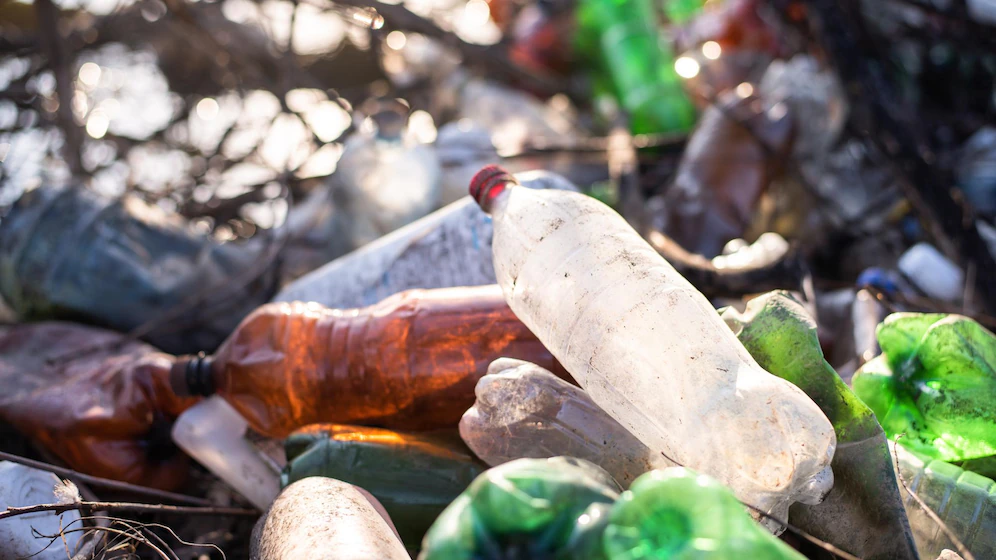
Plastic waste is one of the biggest environmental pollutants, but this can be reduced through using products that are biodegradable and compostable. Biodegradable products break down under certain conditions while compostable ones break down under microorganisms in compost environments – both are excellent ways to decrease plastic pollution entering our water systems while simultaneously protecting our planet.
3) Water Conservation
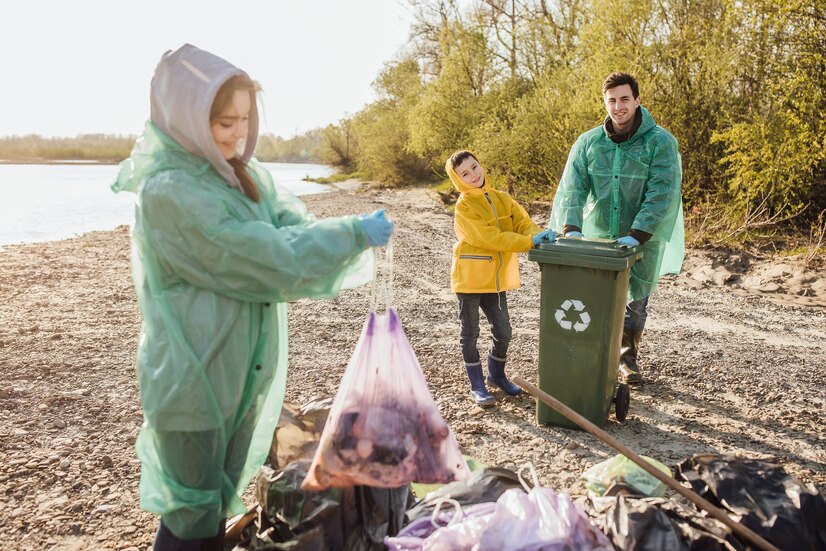
Conservation of water can help mitigate pollution. This can be accomplished through limiting daily usage and using more efficient appliances and fixtures that utilize less water per cycle and higher flow rates than their conventional counterparts. Water-saving practices may also be utilized by farmers in agricultural settings in order to limit pesticides and fertilizers usage.
4) Stormwater Management
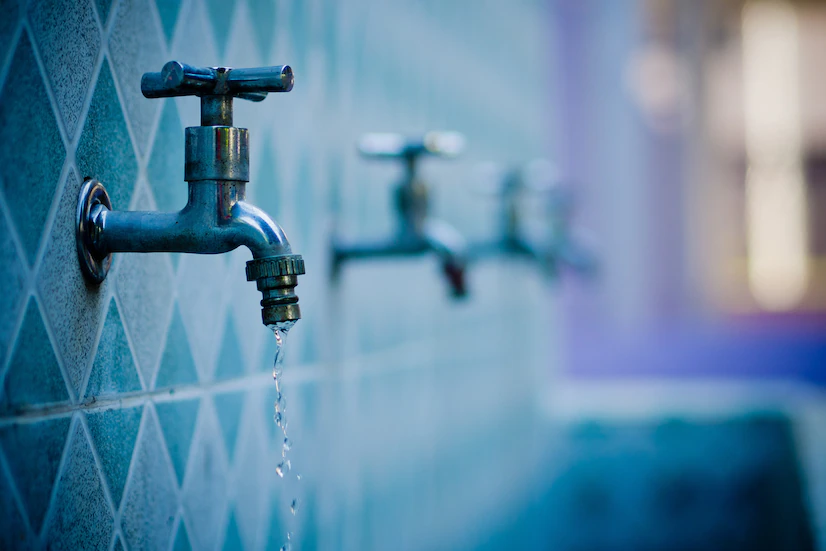
Stormwater runoff pollution can be managed using stormwater management practices, which include retention ponds, constructed wetlands, fish ponds and bioswales. Retention ponds serve to temporarily store stormwater before slowly releasing it when storm events have subsided while constructed wetlands utilize natural biological processes for treating it through plants, soils and hydrological flow paths.
5) Green Agriculture
Also Refer:- Top 6 Causes Of Carbon Footprints And How To Reduce Them
Green agriculture is a sustainable approach to agricultural production that seeks to minimize its negative environmental impact. This form of production is an excellent way to protect our planet and manage water pollution caused by farming practices, with practices such as switching from synthetic to organic fertilizers, using integrated pest management protocols, crop rotation and soil conservation being part of this green initiative.
Conclusion
Water pollution is a serious global concern that needs to be dealt with effectively to preserve our planet. Plastic pollution is the biggest culprit; biodegradable and compostable products may help reduce it, while conserving water via everyday activities and the installation of efficient appliances and fixtures is another way to conserve it. Stormwater runoff management practices such as retention ponds, constructed wetlands, fish ponds, bioswales can all play their parts.

